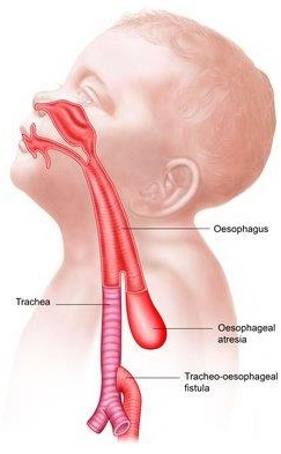Which statement by the nurse is most appropriate to a 15-year-old whose friend has mentioned suicide?
"Your friend's threat needs to be taken seriously and he needs immediate help."
"Tell your friend to come to the clinic immediately."
"If your friend mentions suicide again get your friend some help."
"You need to gather details about your friend's suicide plan."
The Correct Answer is A
The most appropriate statement by the nurse to a 15-year-old whose friend has mentioned suicide is option A. The statement acknowledges the seriousness of the situation and emphasizes the importance of taking the friend's threat seriously. It also highlights the need for immediate help and intervention. Suicide threats should never be dismissed or taken lightly, and it is crucial to involve professionals who can provide appropriate support and assistance.
"Tell your friend to come to the clinic immediately," in option B is incorrect because places the responsibility solely on the 15-year-old to relay the message to their friend, which may not be the most effective or timely approach.
"If your friend mentions suicide again, get your friend some help," in (option C) is incorrect because it does not address the urgency of the situation. Waiting for the friend to mention suicide again before acting may lead to potential harm.
"You need to gather details about your friend's suicide plan," is incorrect because places the responsibility on the 15-year-old to gather information about the friend's suicidal intentions. While understanding the situation and obtaining relevant details is important, the immediate priority is ensuring the friend's safety and seeking professional help.
Nursing Test Bank
Naxlex Comprehensive Predictor Exams
Related Questions
Correct Answer is A
Explanation
When caring for a neonate with a suspected tracheoesophageal fistula (TEF), nursing care should include elevating the head but giving nothing by mouth. Tracheoesophageal fistula is a condition where an abnormal connection exists between the trachea and oesophagus, leading to the passage of air and secretions between these structures. Feeding the infant orally can result in aspiration of feedings into the lungs, which can cause respiratory distress and complications. Therefore, it is important to keep the neonate in an upright position to reduce the risk of aspiration until a definitive diagnosis and treatment plan are established.
elevating the head for feedings in (option B), is not appropriate in this case as oral feedings should be avoided until the tracheoesophageal fistula is addressed.
avoiding suction unless the infant is cyanotic in (option C), is not correct. Suctioning may be necessary in neonates with suspected tracheoesophageal fistula to clear secretions and maintain a patent airway.
feeding glucose water only in (option D), is not an appropriate intervention for a neonate with a suspected tracheoesophageal fistula. In this situation, all oral feedings should be withheld until further evaluation and management.

Correct Answer is B
Explanation
Precocious puberty is defined as the onset of puberty before the age of 8 in girls and before the age of 9 in boys. However, it is important to note that the exact age at which puberty is considered precocious can vary slightly based on different guidelines and individual variations.
Boys: 11 years; girls: 9 years in (option A) is incorrect because it, is close to the general age range, but it is slightly earlier than what is commonly considered precocious puberty.
Boys: 10 years; girls: 9 1/2 years in (option C) is incorrect because it, is also close to the general age range, but it is not as commonly recognized as the age for precocious puberty.
Boys: 9 years; girls: 8 years in (option D) is incorrect because it, is significantly earlier than the usual age for precocious puberty. Puberty occurring at this age would be considered very early and may warrant further evaluation.
Whether you are a student looking to ace your exams or a practicing nurse seeking to enhance your expertise , our nursing education contents will empower you with the confidence and competence to make a difference in the lives of patients and become a respected leader in the healthcare field.
Visit Naxlex, invest in your future and unlock endless possibilities with our unparalleled nursing education contents today
Report Wrong Answer on the Current Question
Do you disagree with the answer? If yes, what is your expected answer? Explain.
Kindly be descriptive with the issue you are facing.
